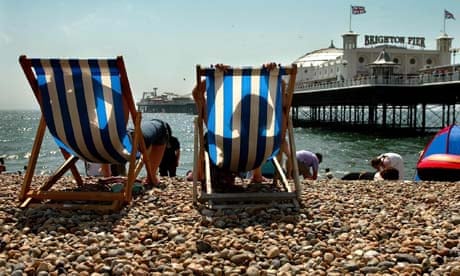Next week, all 47 member states of the Council of Europe will convene in the seaside town of Brighton, United Kingdom, at what is being called The High Level Conference on the Future of the European Court of Human Rights. The meeting is organised by the United Kingdom, which, as rotating chair of the Council of Europe from November 2011 through May 2012, is pushing for reform of the court.
Unfortunately, the list of invitations appears to be so "high level" that virtually the only persons in attendance will be representing governments. Though a few NGOs, most based in London, have been invited, the vast majority of NGOs and other civil society representatives throughout Europe who engage with the court, sustain it, and depend on it for the defence of human rights, have not.
Also, the different drafts of the declaration to be adopted in Brighton have not been officially shared with civil society organisations. It has been therefore more difficult to meaningfully contribute to the negotiations.
Based on publicly available information, there will be no civil society presence at Brighton from Bulgaria, Italy, Romania, Russia, Turkey, Ukraine, or any of the other countries that are principally responsible for the court's surging caseload. A discussion about the future of the most important human rights tribunal in the world will thus be confined primarily to government officials. Is there no room for more civil society voices?



